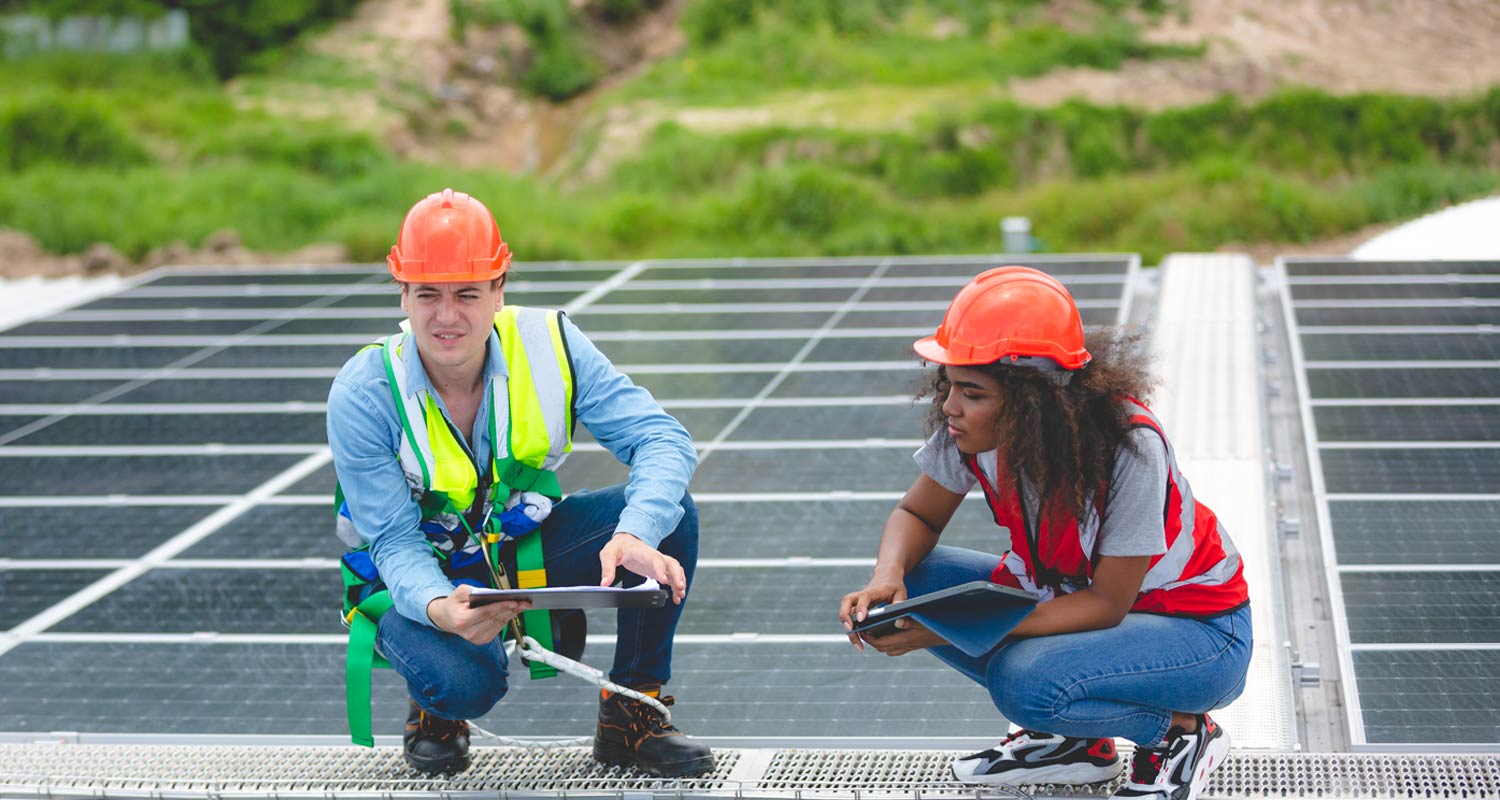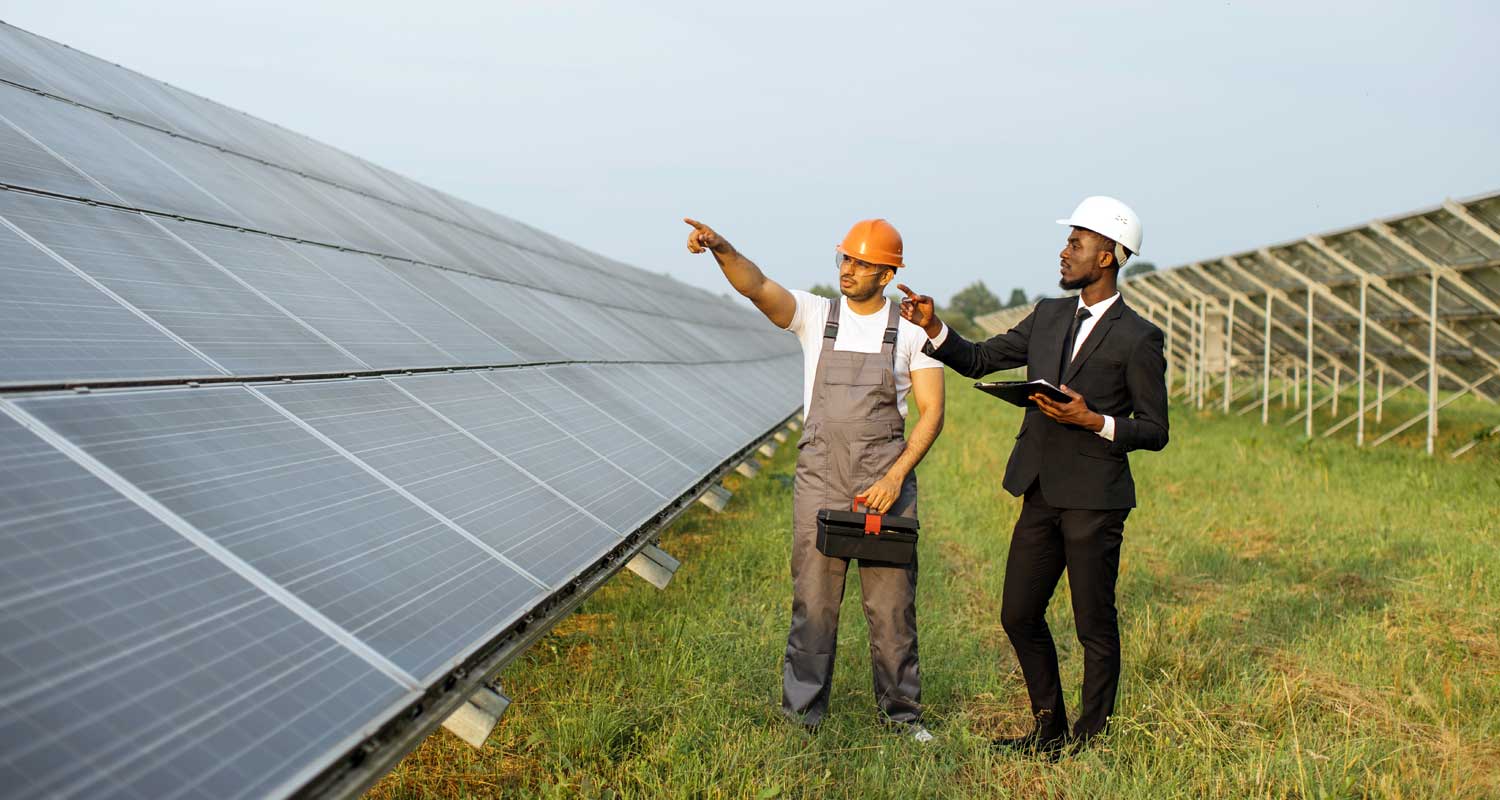 The International Trade Administration Commission of South Africa (Itac) has cited the protection of local manufactures of photovoltaic (PV) panels as the main reason for introducing an unpopular 10% tariff on solar panel imports.
The International Trade Administration Commission of South Africa (Itac) has cited the protection of local manufactures of photovoltaic (PV) panels as the main reason for introducing an unpopular 10% tariff on solar panel imports.
According to a statement by Itac on Wednesday, the application for an increase in the customs duty on crystalline silicon PV modules was brought to Itac by ARTsolar, which, along with Seraphim, are the only two remaining producers of PV panels in South Africa.
“This is after Jinko Solar, Solaire Direct, SunPower Energy Systems Southern Africa, JApowerway and SMA Inventers Manufacturers ceased local production and resorted to importing the product. The major reasons for ceasing local production included high local manufacturing costs and competition from low-priced imports,” said Itac.
A report by Itac investigating the solar panel industry found that ARTsolar had to retrench a large number of employees in an effort to remain competitive – it shed 93% of its workforce (from 218 to 15). One of the objectives of the 10% duty, it said, is to protect jobs and attract investment into the local industry.
Support for the introduction of a tariff came from the “advanced manufacturing sector desk” of the department of trade, industry & competition as well as the energy department, Seraphim and Jinko Solar.
On the opposing side were Building Energy South Africa, Cyracom, Hyperion Solar Development, Sol Invictus, Rubicon Electrical Distributors and the South African Photovoltaic Industry Association, among others.
Opposition
Opponents to the new tariff cited limited local capacity, the cost-raising impact of the duty, lack of policy certainty, and a shift in focus from manufacturing to project development, construction and installation jobs as reasons to keep solar PV panel imports duty-free.
“There are international examples where import tariffs or local content regulations for solar cells/modules have resulted in job losses. Other incentives offered by government must be explored to support local manufacturers instead of increasing customs duty,” said opponents to the tariff in Itac’s report.
Itac said it is looking to introduce a temporary rebate provision on the importation of PV panel components to mitigate instances where there are shortages of PV cells in the local market. The rebate will be subject to a permit, which Itac said will be issued in times of shortages and stipulate the import quantities applicable to the rebate.
 “The commission concluded that in the event of shortages of solar panels in the domestic market, the temporary rebate provision may be used to mitigate risks of supply in the ordinary course of business, especially given the current electricity crisis in South Africa,” said Itac. – © 2024 NewsCentral Media
“The commission concluded that in the event of shortages of solar panels in the domestic market, the temporary rebate provision may be used to mitigate risks of supply in the ordinary course of business, especially given the current electricity crisis in South Africa,” said Itac. – © 2024 NewsCentral Media


